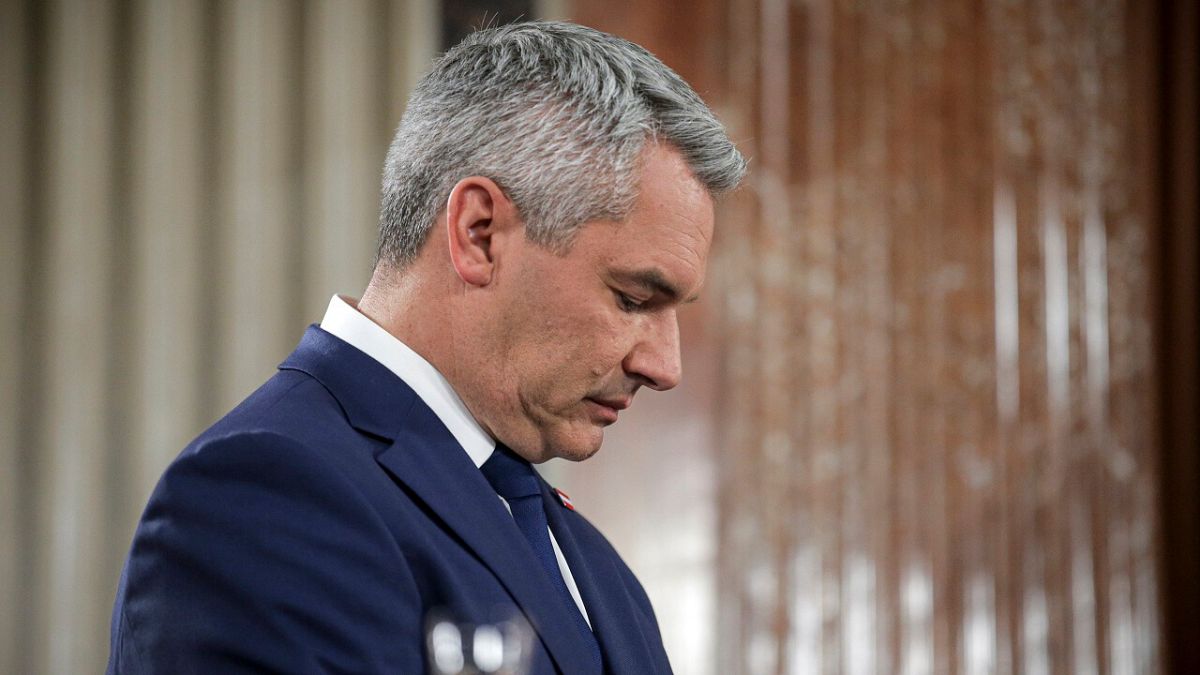Communities in Canterbury are rallying to try and save music workshops for young people with disabilities.
The charity StarJam, which offered free workshops and events to thousands of young people across the country, announced its closure earlier this month due to a lack of funding.
In Canterbury, volunteers, tutors, and young people with their families are fighting to keep the classes going.
Speaking to Breakfast this morning, Suzie Kerr, who worked with StarJam as a volunteer and tutor for seven years, said there was a lot of “disbelief and shock” when the charity announced its closure.
She said about her reaction to the news: “Just kind of waking up on Thursday morning thinking, did that really happen?
“But that didn’t last long. It was kind of a short shock, and then okay, what can we do now?
“Because we cannot have these young people missing out on something that’s just so important to them. It’s part of their routine.”
Alongside her work with StarJam, Kerr is a teacher at Waitaha Specialist School in Rolleston. After StarJam closed, the principal told her that parents were asking what they could do to help.
Kerr said that the school hall will be used to run free workshops for the final three weeks of the school term. Then, during the school holidays, those involved in the workshops plan to “get our brains together” and figure out a way to make the workshops sustainable.
“So, whether that’s looking at some funding perhaps, people suggested in the past a lot of our jammers had individualised funding. So perhaps we can have a look at how we can keep these workshops going.
“Because the last thing we want is to get something going again and not have it sustainable.”
Also on Breakfast this morning was Jono Heaps, who had been a part of StarJam for more than 20 years. He was one of the original 12 “jammers” to attend workshops, has worked as a tutor, and served on the board.
When asked why it was so important the workshops keep going, Heaps told a story about a young person who was completely non-verbal when he started doing workshops.
“Then within six to eight months, [he] was dancing, singing, talking, and he would just say to his mum ‘StarJam, when’s StarJam’.
“Because he was just so much looking forward to that, and it has given him such a brand-new lease on life and empowered him to express himself.”
He said StarJam provided a platform for young people to “express their talents, a space that they didn’t have before, and a way for them to be involved in their community and inspire”.
“Not only themselves, but also parents, support workers, friends and anybody who got ‘jammed’ so to speak at a StarJam stage or a concert.”













